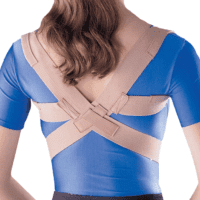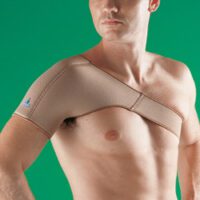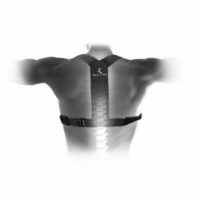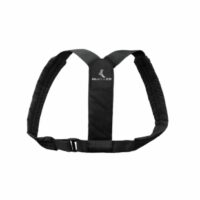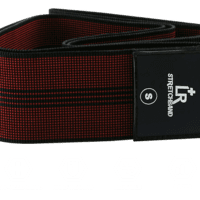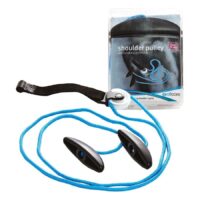Pilates for Shoulder Pain
Article by Nadine Stewart

Shoulder Pain
What is Pilates?
Pilates is essentially a mind-body connection exercise that centres on awareness of breath control, alignment and precision of movement. It was created by a man named Joe Pilates. He believed that injuries stemmed from imbalances or maladaptive movement patterns in the body, resulting in compensations or over/under-development in other body regions. Hence, he developed a series of exercises that systematically restored balance to the body to prevent injury recurrence.
How Does Pilates Help Shoulder Pain?
The muscles around your shoulder blades and rib cage serve a postural role for your upper body. The movement of the arms is also contingent on the solid functioning of these shoulder blade muscles in conjunction with the rotator cuff muscles. Pilates can teach you how to effectively use these muscles through specific movement patterns, thus reducing strain on the shoulder joint and rotator cuff. And since Pilates emphasises a whole-body focus. It will increase your awareness of using your neck muscles, shoulders, and back, which further enhances your posture and reduces injury recurrence.
What’s the Link Between Pilates and Core Stability?
The whole ‘core stability’ phenomenon started in the 1920s with Joseph Pilates, whose exercise regimes have become quite trendy in the last ten years.
Pilates talked about developing a ‘girdle of strength’ by learning to recruit the deep-trunk muscles. Even without complete knowledge of anatomy and the benefits of the latest muscle activity research, he was aware of the importance of these deep muscles and their supportive effects.
Core stability training targets explicitly the more minor and deeper back and stomach muscles. Once recruited, these muscles control the spine’s position during dynamic movements of your body.
How Do You Know if Pilates is Suitable for You?
At PhysioWorks, we only want suitable clients for clinical pilates to participate.
Before enrolling in one of the clinical pilates groups, one of our clinical pilates physiotherapists will assess and screen you for suitability. While most clients can participate in pilates classes, you may require individual treatment or perform some specific pre-pilates homework to ensure that you benefit the most from your pilates classes.
More Information
Rochedale - Call 38410277
Book Online: RochedaleSalisbury - Call 32751044
Book Online: SalisburySandgate - Call 32691122
Book Online: Sandgate[/vc_column_text][/vc_column][/vc_row]














